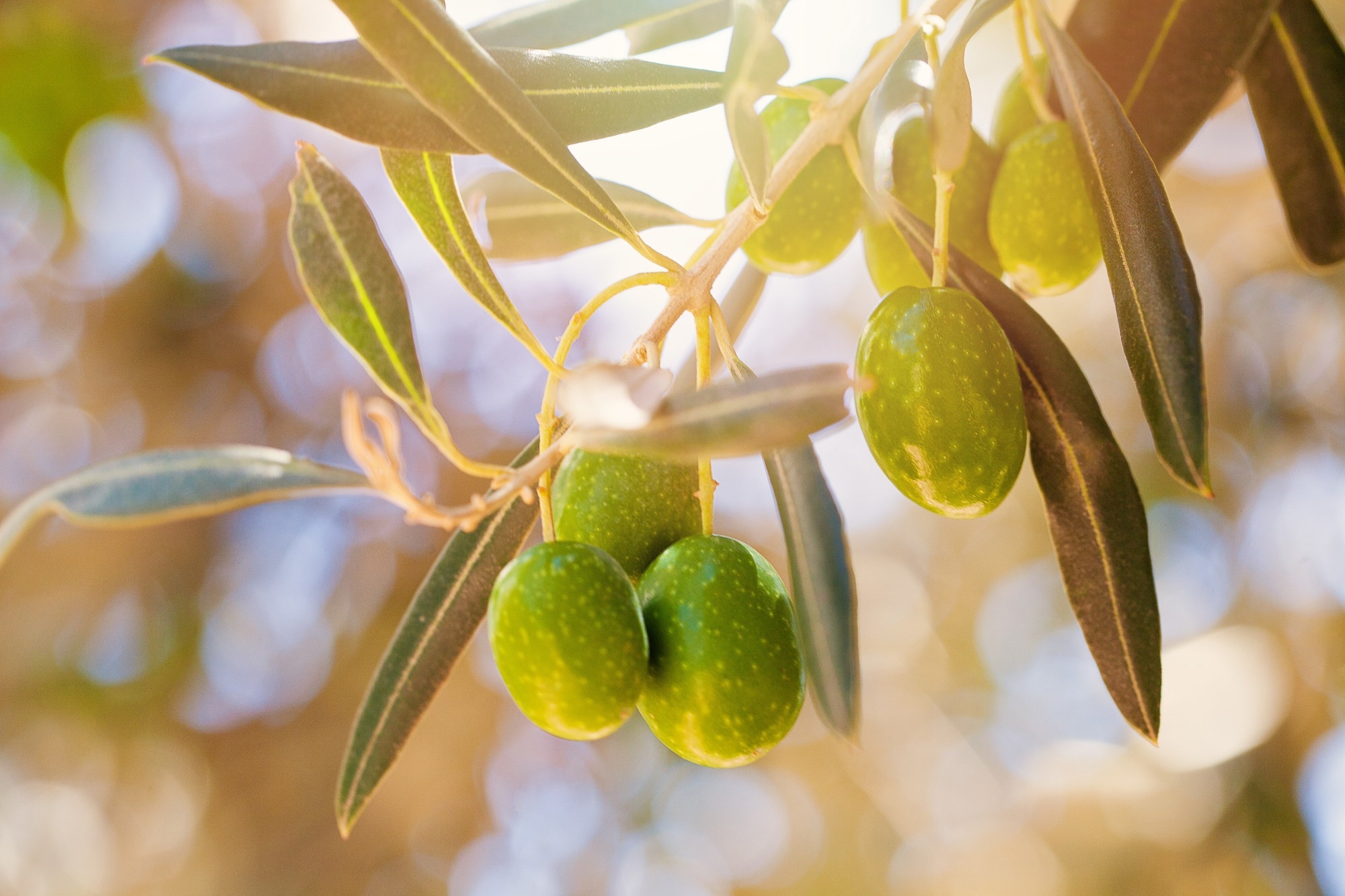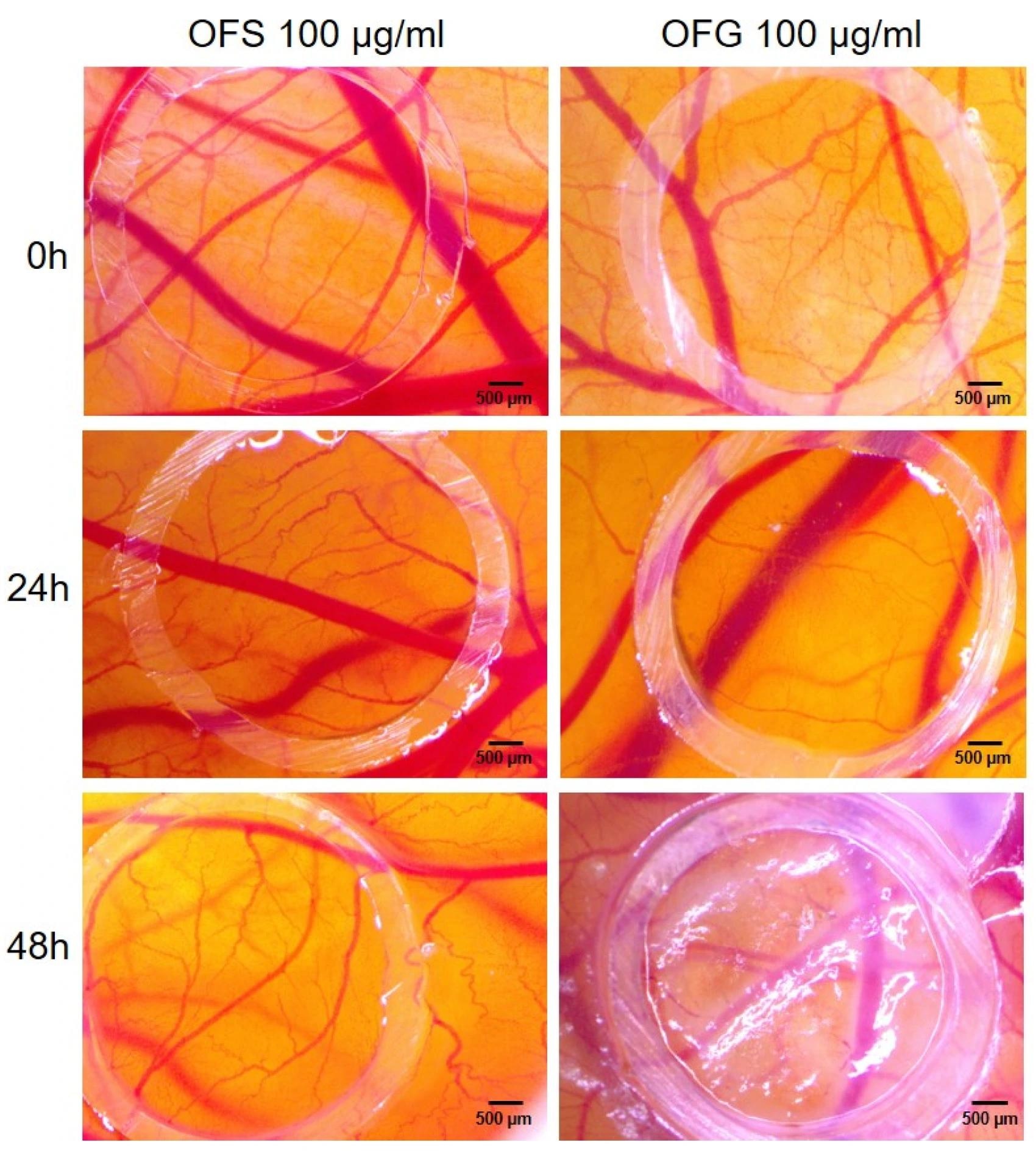A recent study in the journal Antioxidants investigated the therapeutic potential of ethanolic extracts from olive leaves sourced from Spain and Greece. The results indicate that both extracts, especially the one from Greece, exhibit high antioxidant capacity and significant antimicrobial and anticancer properties, suggesting potential applications in healthcare as antimicrobial agents and treatments for melanoma.
 Study: Antioxidant Extracts from Greek and Spanish Olive Leaves: Antimicrobial, Anticancer and Antiangiogenic Effects. Image Credit: Artmim / Shutterstock
Study: Antioxidant Extracts from Greek and Spanish Olive Leaves: Antimicrobial, Anticancer and Antiangiogenic Effects. Image Credit: Artmim / Shutterstock
Background
In previous studies, phytochemicals from medicinal plants have shown promise in developing new medicines, particularly chemotherapeutics for various cancers, including melanoma, which is known for its aggressiveness and metastasis. However, while extensive research has established the antioxidant and antimicrobial properties of olive leaf extracts and their potential in treating several cancers, there is a gap in understanding the phytochemical profiles of olive leaves from different regions and their specific anti-melanoma effects, especially when applied topically.
About the study
This study addressed existing research gaps by characterizing the ethanolic extracts of olive leaves from Spain and Greece, focusing on their chemical, micronutrient, and inorganic contents, and assessing their therapeutic potential as antimicrobial, anti-melanoma, and angiogenesis-modulating agents. Researchers harvested olive leaves from Seville, Spain (OFS), and Lefkada, Greece (OFG). These leaves were dried, ground, and mixed with a solvent to prepare them for analysis. The mixture was then extracted, filtered, concentrated, and stored.
Laboratory processes were used to identify and quantify the compounds and chemicals in the extracts. Inorganic elements were analyzed after combining them with nitric acid and then using graphite furnace-atomic absorption spectrometry (GF-AAS). Other important aspects of the analysis were assays that researchers used to evaluate antioxidant activity, while they examined antimicrobial activity by looking at how the chemicals in the extracts performed against various strains of microbes. They also tested whether the substances in the extracts were toxic to targeted cells (cytotoxicity) using human melanoma cells and directed the movement of cells (cell migration) using scratch assays. The extracts were also evaluated for potential irritation and angiogenesis, or blood vessel growth, effects using an assay on chick embryos. Statistical analyses were conducted using one-way analysis of variance (ANOVA) with a test to account for the multiple comparisons that were made.
Findings
The study examined the beneficial compounds in olive leaf extracts from Spain (OFS) and Greece (OFG). The extraction yield, the percentage of dry extract obtained from the total dry plant matter, was 11.34% for OFS and 9.46% for OFG. OFG had a higher total phenolic content (99.228 µg/mg) compared to OFS (56.733 µg/mg). Phenolics are important plant compounds with health benefits, and luteolin 6-C-glucoside and luteolin 7-O-glucoside were the main phenolics in OFG, while oleuropein was most abundant in OFS.
Triterpenes, another group of beneficial compounds, were higher in OFG (111.747 µg/mg) than in OFS (57.085 µg/mg), with oleanolic acid being the most significant component. Elemental analysis showed that OFS had nearly double the metal content compared to OFG.
Antioxidant activity, which measures how well the extracts can neutralize harmful free radicals, was slightly higher in OFG (91.89% at 1000 µg/mL) than in OFS (89.97%). Antimicrobial tests showed that OFS was more effective against a broader range of bacteria, especially at higher concentrations, compared to OFG. Cytotoxicity assays, which assess the ability to kill cancer cells, revealed that OFG was more effective against melanoma cells, reducing cell viability to 38.5% at 200 µg/mL after 72 hours, while OFS reduced it to 60.8%. Scratch assays, which measure cell migration, indicated that OFG more significantly reduced the movement of melanoma cells. Both extracts were safe for cells and influenced blood vessel formation, with OFG having a stronger effect.
 Stereomicroscopic images of OFS and OFG effects on CAM assay. Images were taken initially at 0, 24, and 48 h post-treatment.
Stereomicroscopic images of OFS and OFG effects on CAM assay. Images were taken initially at 0, 24, and 48 h post-treatment.
Conclusions
The study emphasizes the health benefits of olive leaves, particularly their rich antioxidant composition. The extracts from Greek and Spanish olive leaves were analyzed and found to have significant concentrations of phenolic compounds and triterpenes, with the Greek extract showing higher amounts. The study notes that variations in compound concentrations from previous research are likely due to differences in climate and cultivation regions. Strengths of the study include detailed phytochemical characterization and comparative analysis of Greek and Spanish extracts. The study also highlights the antioxidant and antimicrobial properties of these extracts, with the Greek extract showing higher activity. However, the study's limitations involve a limited geographic focus, which may not represent global variations, and the inability to identify all possible metal-polyphenol complexes.
Future research should explore broader geographic variations, delve deeper into the mechanisms behind the metal chelation by polyphenols, and examine the long-term health impacts of these extracts. Additionally, further studies could investigate the potential synergistic effects of the various compounds present in the extracts, enhancing their therapeutic applications.
Journal reference:
- Antioxidant extracts from Greek and Spanish olive leaves: antimicrobial, anticancer, and antiangiogenic effects. Magyari-Pavel, I.Z., Moacă, E., Avram, S., Diaconeasa, Z., Haidu, D., Ștefănuț, M.N., Rostas, A.M., Muntean, D., Bora, L., Badescu, B., Iuhas, C., Dehelean, C.A., Danciu, C. Antioxidants (2024). DOI: 10.3390/antiox13070774, https://www.mdpi.com/2076-3921/13/7/774